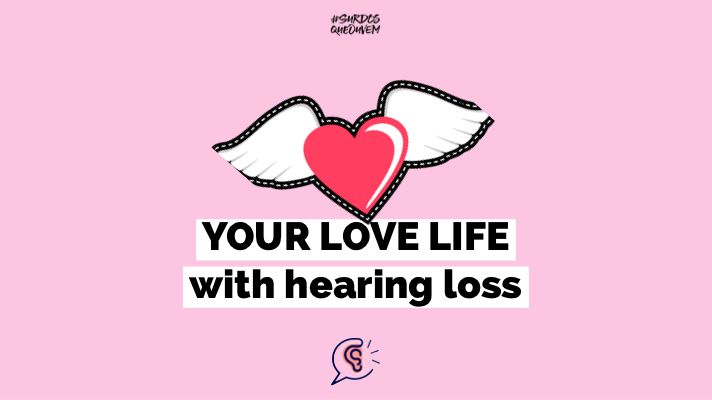Top 5 Emotional Effects of HEARING LOSS in 2026
I spent my whole life losing my hearing. It started at the age of 6, and by the time I was 31, I couldn’t hear anything. That’s when I had the first cochlear implant surgery, which revolutionized my life by giving me back all the sounds of the world and, most importantly, the understanding of human speech without lipreading. Since then, I have created the largest digital community in Brazil for people with hearing loss, written 5 books about hearing loss, married a leading specialist in hearing loss and hearing surgery in Rio de Janeiro, and returned to hearing with two bionic ears. From now on, I will create English content on my website, which has been around since 2010 and is a reference on hearing loss, hearing aids, and cochlear implants in Brazil.
Top 5 emotional effects of HEARING LOSS
- Isolation and Loneliness
- Frustration and Frustration Fatigue
- Anxiety and Stress
- Depression and Loss of Identity
- Anger and Blame
Hearing loss is not just a sensorial impairment. Its impact goes far beyond muffled sounds and missed conversations. It’s a long journey, and it can affect the emotional landscape of an individual. While the specific experiences vary, several common emotional threads weave through the lives of those living with hearing loss. Let’s explore the top 5 emotional effects that can leave an indelible mark and understand how to deal with them.
1. Isolation and Loneliness:
Imagine feeling excluded from the symphony of life’s conversations. Struggling to follow jokes, missing the nuances of emotional tones, and constantly asking for repetition leaves many feeling isolated and alienated. Social interactions become exhausting, draining emotional reserves, and leading to a reluctance to engage in activities once enjoyed. This isolation can breed loneliness, a hollow feeling of disconnection that eats away at one’s sense of belonging.
2. Frustration and Frustration Fatigue:
Misunderstandings due to missed words, the constant strain of trying to decipher muffled sounds, and the feeling of being left out of conversations can trigger intense frustration. This frustration, over time, can morph into a chronic fatigue, a constant emotional drain that saps energy and diminishes the zest for life. Simple tasks become monumental efforts, further perpetuating the cycle of negativity.
3. Anxiety and Stress:
The fear of missing important information, the worry of appearing out of touch, and the constant vigilance required to compensate for hearing loss can generate significant anxiety. This heightened worry can manifest in physical symptoms like sleep disturbances, muscle tension, and even panic attacks. The stress of navigating a hearing world in silence can take a toll on mental well-being, impacting overall health and quality of life.
4. Depression and Loss of Identity:
For many, hearing loss feels like a loss of a vital part of themselves. Their ability to connect with the world, to appreciate music, and to engage in meaningful conversations feels diminished. This sense of loss can morph into depression, characterized by feelings of sadness, hopelessness, and a loss of interest in activities once enjoyed. Hearing loss can even lead to an identity crisis, shaking the foundations of who you are and how you fit into the world.
5. Anger and Blame:
The frustration and isolation can sometimes boil over into anger. Anger at the unfairness of the situation, anger at those who seem to speak too softly, and even anger at oneself for not being able to hear properly. This anger can become internalized, leading to self-blame and a further decline in self-esteem. It’s crucial to acknowledge and address these emotions constructively to prevent them from spiraling into negativity.
Finding Hope in the Silence
While the emotional effects of hearing loss can be profound, it’s important to remember that there is hope. Addressing hearing loss through hearing rehabilitation, embracing hearing aids, and seeking support from communities and professionals can make huge difference. By taking action, you can reconnect with the world, with yourself and with your family, as well as rebuild your confidence, and navigate hearing loss with renewed strength and resilience.







